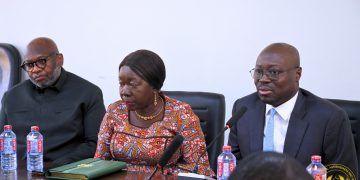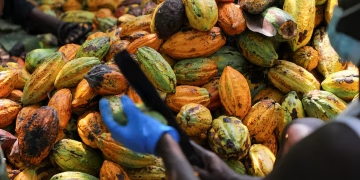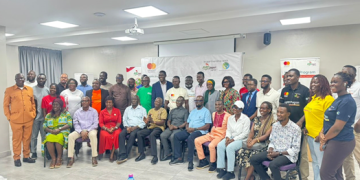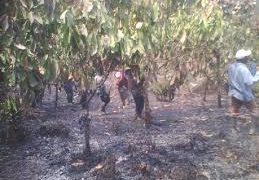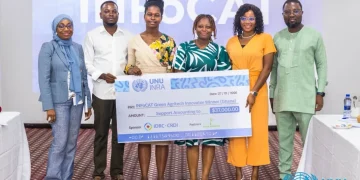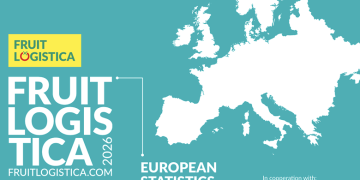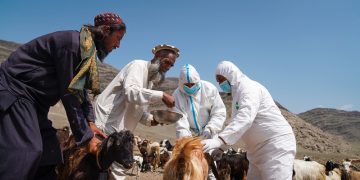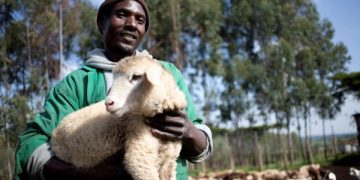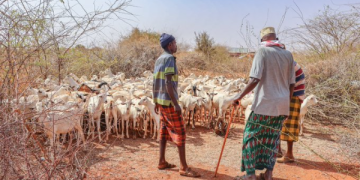World Food Forum (WFF) Senegal National Chapter Lead, Sahko Ibrahim has voiced that young Africans’ influence in African Union’s (AU) food policies must allign with the Sustainable Development Goals (SDGs) of the United Nations (UN).
Speaking at the World Food Forum Africa Side Event during the WFF Flagship Programme in Rome, Mr. Sahko explained that to effectively unify the voices of young Africans and influence food policies at the African Union and regional levels, it is essential to adopt an integrated, ambitious, and realistic approach, that fully align with the United Nations’ Sustainable Development Goals (SDGs) and Agenda 2063.
According to him, such a move begins with creating and sustaining a unified youth-led movement such as the WFF Youth Assembly that houses African youths from diverse backgrounds to solidarize Africa’s food systems and policies agenda. “An important first step lies in creating and strengthening a structured continental platform, similar to the World Food Forum’s Youth Assembly, which allows young people from diverse backgrounds be it rural, urban, agricultural, and entrepreneurial, to converge, share their experiences, and develop coherent recommendations.” “This platform must be governed by a permanent body of young leaders’ representatives of different African regions, thus ensuring democratic decision-making and a strong, consolidated voice in political processes” he added.
By linking African youths’ actions in food policies to already established structures such as the SDGs and Agenda 2063, Mr. Sahko emphasised that “this ambition perfectly embodies Aspiration 5 (good governance) and Aspiration 7 (shared identity and values) of Agenda 2063, while also addressing SDG 16 on peaceful and inclusive societies.”
Mr. Sahko asserted that young Africans should be highly inclusive in political and decision-making processes of continental bodies like the AU. He said, institutionalizing youth participation in the decision-making bodies of the AU and regional economic communities is essential.
Highlighting on the needed action, the WFF Senegal Lead shared an approach which would not just make young Africans beneficiaries but also agents of change. “This involves the creation of youth advisory councils with clear mandates to influence agricultural and food policies. This mechanism gives young people a legitimate and sustainable role, addressing the need to reduce inequalities (SDG 10) and promote decent work (SDG 8), while boosting shared prosperity. Official recognition also reinforces the legitimacy of young people as architects, not just beneficiaries, of change.”
Mr. Sahko stated that this ambitious but fully realistic approach is in line with the international commitments of the SDGs and the pan-African ambitions of Agenda 2063, positioning youth as the spearhead of a sustainable, resilient and equitable food future for the continent.















